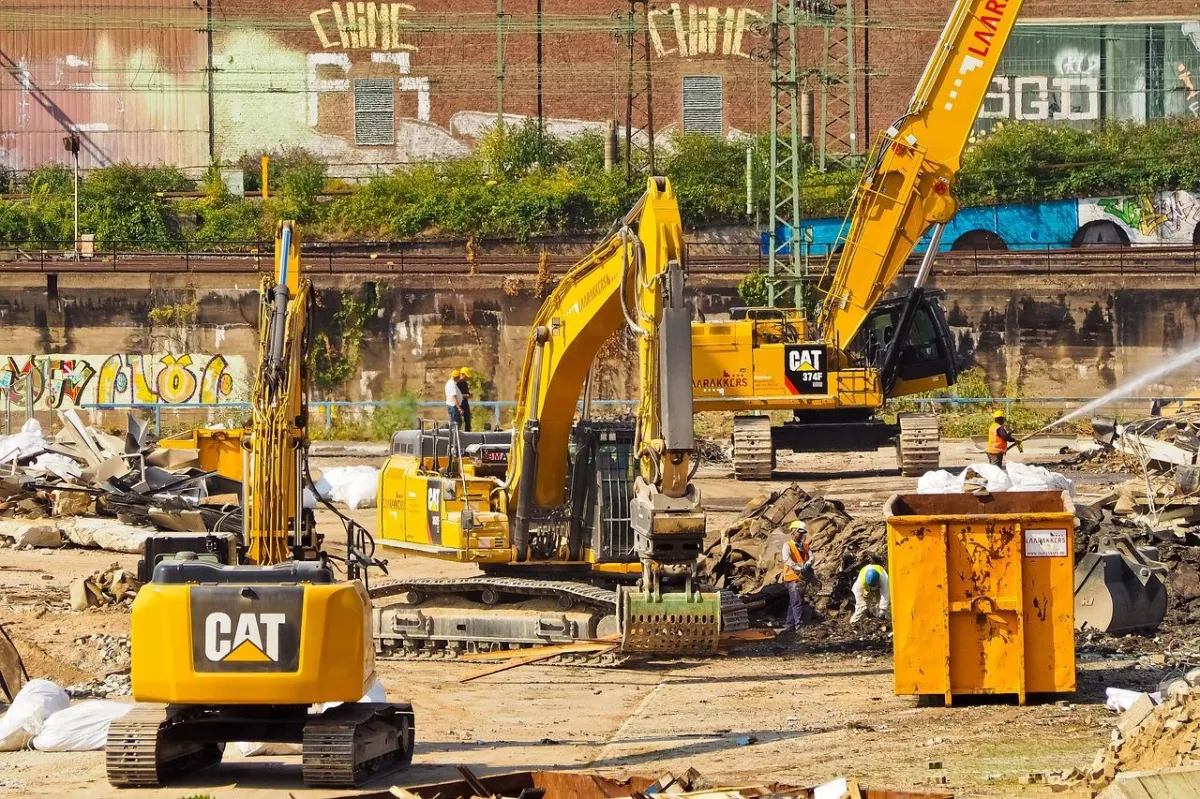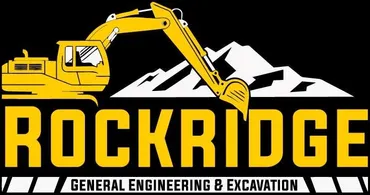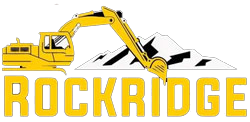YOUR #1 FULL SITE PREP EXPERTS!
CALL NOW- 360-564-5933
Licensed: ROCKRGE816DF - Over 35 Years of Experience | Emergency Services Available | Family and Locally Owned

Navigating Site Preparation Regulations: A Comprehensive Guide for Washington State
When it comes to embarking on a construction project in Washington State, the journey begins long before the first brick is laid or the first beam is raised. The crucial initial step is site preparation – a process intricately interwoven with a myriad of regulations and permits. In this comprehensive guide, we delve into the labyrinthine world of site preparation regulations in Washington, shedding light on the key aspects that every project developer and stakeholder should be aware of.

Understanding the Legal Landscape
Washington State boasts a rich tapestry of regulations that govern site preparation activities. From environmental considerations to zoning laws, each layer of legal requirements contributes to a well-structured and harmonious built environment.
Environmental Impact Assessments (EIA): One of the cornerstones of site preparation in Washington is the Environmental Impact Assessment (EIA). This evaluation analyzes the potential environmental effects of a project and ensures compliance with the State Environmental Policy Act (SEPA). It involves identifying and mitigating any adverse impacts on ecosystems, air and water quality, wildlife habitats, and more. Project proponents must navigate a thorough review process, engaging stakeholders and addressing concerns to secure a SEPA determination before moving forward.
Zoning and Land Use Regulations: Zoning laws play a pivotal role in dictating how land can be utilized within specific areas. Washington's cities and counties have their own zoning ordinances, which classify zones for residential, commercial, industrial, and other purposes. Comprehending these zoning designations is crucial for accurate site preparation planning. Depending on the intended land use, developers might need to seek rezoning or variances, requiring additional approvals from local authorities.
Construction Permits: Once the regulatory groundwork is laid, obtaining construction permits is the next critical step. The permitting process ensures that proposed projects adhere to safety, structural, and architectural standards. Different types of permits, such as building permits, grading permits, and utility permits, might be required based on the nature of site preparation activities. Each permit application undergoes meticulous scrutiny before being approved, reinforcing the state's commitment to robust project oversight.
Streamlining the Process
Navigating the regulatory maze of site preparation in Washington can be challenging, but several strategies can help streamline the process:
Engage Early with Regulatory Authorities: Proactive engagement with local government agencies and regulatory bodies can significantly expedite the process. Initiating discussions well in advance allows project proponents to gain insights into specific requirements, anticipate potential hurdles, and plan accordingly.
Holistic Project Planning: Comprehensive project planning that incorporates regulatory considerations from the outset is vital. This involves conducting thorough environmental assessments, land surveys, and feasibility studies. Identifying potential issues early on enables developers to craft effective mitigation strategies and present well-prepared applications.
Consult Experts: Enlisting the expertise of environmental consultants, legal professionals, and regulatory experts can provide invaluable guidance. These professionals possess an intricate understanding of Washington's regulatory framework and can offer tailored advice to ensure compliance.
The Balance Between Development and Preservation
Washington's commitment to environmental stewardship is deeply ingrained in its site preparation regulations. Balancing the imperatives of development with the preservation of its natural resources and ecosystems is a delicate task. The state's regulations emphasize sustainable practices that minimize adverse impacts and promote responsible growth.
Green Building Initiatives: Site preparation regulations often align with Washington's ambitious green building initiatives. Implementing sustainable construction practices, such as using locally sourced materials, optimizing energy efficiency, and minimizing waste, is not just encouraged – it's a regulatory expectation.
Natural Habitat Preservation: Protecting and preserving the state's diverse ecosystems is paramount. Site preparation activities must consider potential effects on wildlife habitats, wetlands, and water bodies. Developers might need to create buffer zones, implement erosion control measures, or explore habitat restoration projects to offset any ecological disturbances.
Conclusion
Embarking on a construction project in Washington State involves a meticulous dance through a complex choreography of regulations and permits. Navigating the site preparation process requires an astute understanding of environmental impact assessments, zoning laws, and construction permits. Developers who embrace the intricacies of Washington's regulatory framework, engage proactively with regulatory authorities, and prioritize sustainability will find themselves better equipped to lay the groundwork for successful and responsible projects. As the state continues to evolve, so too will its regulations – a dynamic landscape that ensures a harmonious fusion of development and preservation.

Excavation Marketing Pros
Excavation Marketing Pros is dedicated to the success of excavation and septic contractors.

AVOID COSTLY MISTAKES:
Do NOT hire an excavating contractor without first reading our free guide:
The ULTIMATE Excavation & Septic "Success Guide."

We Offer Excavation Services You!
If you don't see your specific area contact us and we may still be able to help or give a referral.
All rights reserved | Privacy policy | Client Support Area | Terms & Conditions | Privacy policy





